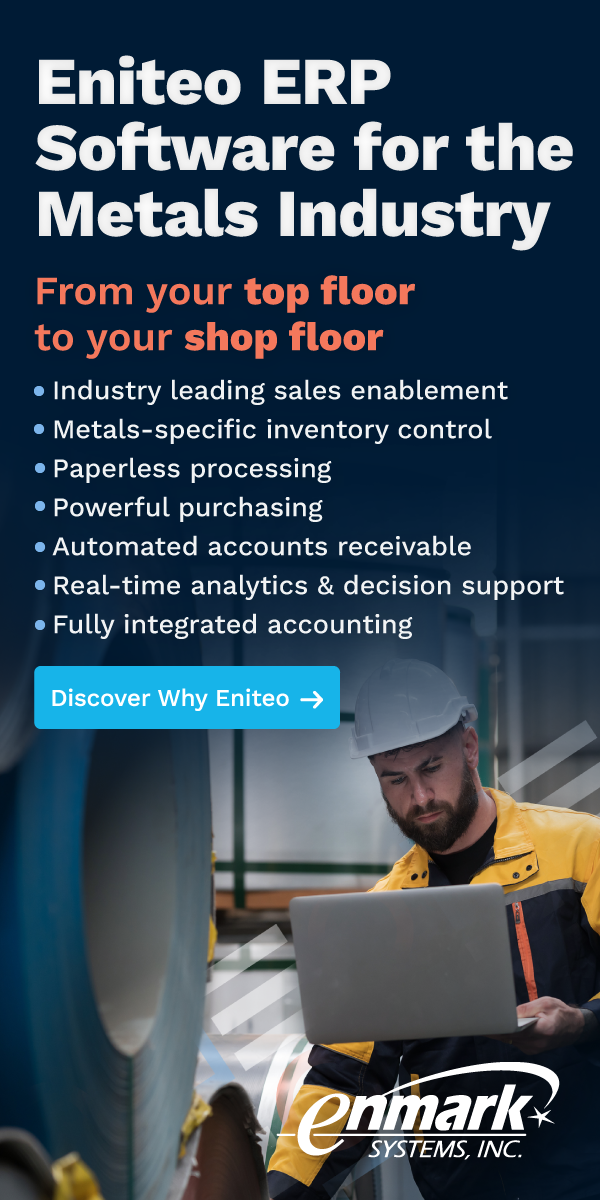The proposed acquisition of U.S. Steel (USS) by Nippon Steel, a major Japanese steel producer, has been met with mixed reactions. While the deal promises potential benefits for both companies, the United Steelworkers (USW), the union representing USS workers, has expressed significant concerns.
Initially, the USW voiced apprehension about the impact on their members’ job security, benefits, and legal protections. They questioned Nippon Steel’s commitment to honoring existing labor agreements and expressed concerns about potential transparency issues after the merger.
However, a recent development has offered a glimmer of hope for a smoother path forward. Nippon Steel and the USW have signed a Non-Disclosure Agreement (NDA), paving the way for in-depth discussions behind closed doors. This move away from public debate suggests a willingness from both parties to address concerns through private dialogue.
Analyzing Nippon Steel’s Response: Potential Benefits and Remaining Concerns
Potential Benefits of the NDA:
The decision to engage in confidential discussions through an NDA presents several potential benefits:
- Positive Development: This shift signifies a willingness to address concerns constructively rather than resorting to public disputes. It demonstrates a commitment to finding common ground through private dialogue.
- Opportunity for Nippon Steel: Engaging with the USW directly allows Nippon Steel to:
- Explain their commitment to upholding the existing labor agreements and benefits for USS employees.
- Demonstrate their vision for the future of the combined entity, potentially addressing concerns about job security and long-term stability.
- Justify the acquisition price by outlining their strategic plans and anticipated benefits for both companies.
- Potential “Win-Win” Outcome:
- The USW could gain stronger assurances regarding their members’ rights and protections through legally binding agreements.
- Financial security: Partnering with a company like Nippon Steel, with its strong financial standing, could provide greater stability for USS workers in the long run.
- Nippon Steel could benefit from USW support, potentially removing some of the political opposition surrounding the deal. Additionally, gaining the union’s backing could foster a more collaborative working environment within the future merged company.
Remaining Concerns from the USW:
Despite the potential benefits, the USW statement titled “Smoke and Mirrors USS/Nippon Style” highlights several remaining concerns:
- Lack of Trust in Nippon Steel’s Promises: The USW expresses a lack of confidence in relying solely on verbal assurances from Nippon Steel. They emphasize the potential legal challenges associated with enforcing contracts with a foreign company, raising concerns about the enforceability of any agreements reached in private discussions.
- Transparency and Accountability: The USW raises concerns about reduced access to financial information after the merger, potentially hindering their ability to monitor the company’s practices and hold them accountable to their commitments.
- Profit-Sharing and Investment Issues: The USW expresses apprehension about the potential for profit-sharing and investment practices to be negatively impacted by the complex corporate structure post-merger. They worry that prioritizing returns for Nippon Steel shareholders could come at the expense of necessary investments in USS mills and mines.
These concerns underscore the importance of transparency and clear communication throughout the negotiation process. The USW emphasizes their reliance on enforceable contracts to safeguard their members’ interests, raising the need for concrete solutions that address their legal concerns.
Conclusion: Moving Forward with Transparency and Dialogue
The signing of the NDA between Nippon Steel and the USW marks a potential turning point in the ongoing saga of the proposed acquisition. While it offers a glimmer of hope for a positive outcome, there are still significant hurdles to overcome.
It is important to remember that the outcome of these discussions is still uncertain. The complexities of international mergers, coupled with the differing perspectives of the involved parties, make it difficult to predict the final result. However, the willingness to engage in constructive dialogue and address concerns constructively is certainly a positive step.
Check out some of our other articles on the US Steel Acquisition:
US Steel / Nippon Steel Deal Poses More Questions Than Answers
Nippon acquisition of US Steel – Unintended consequences for steel distribution?
By subscribing you agree to our Terms of Use, our Privacy Policy and our Information collection notice










